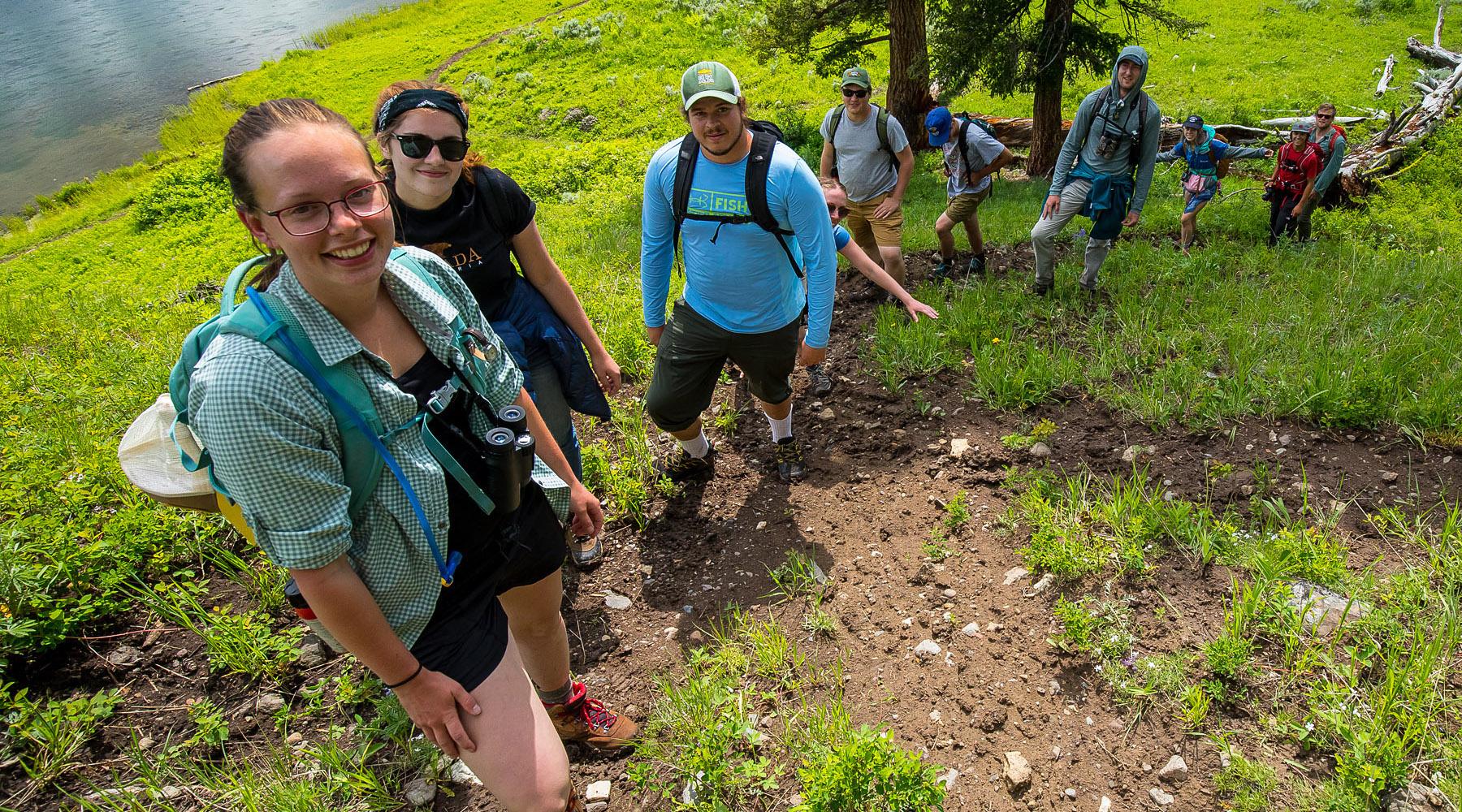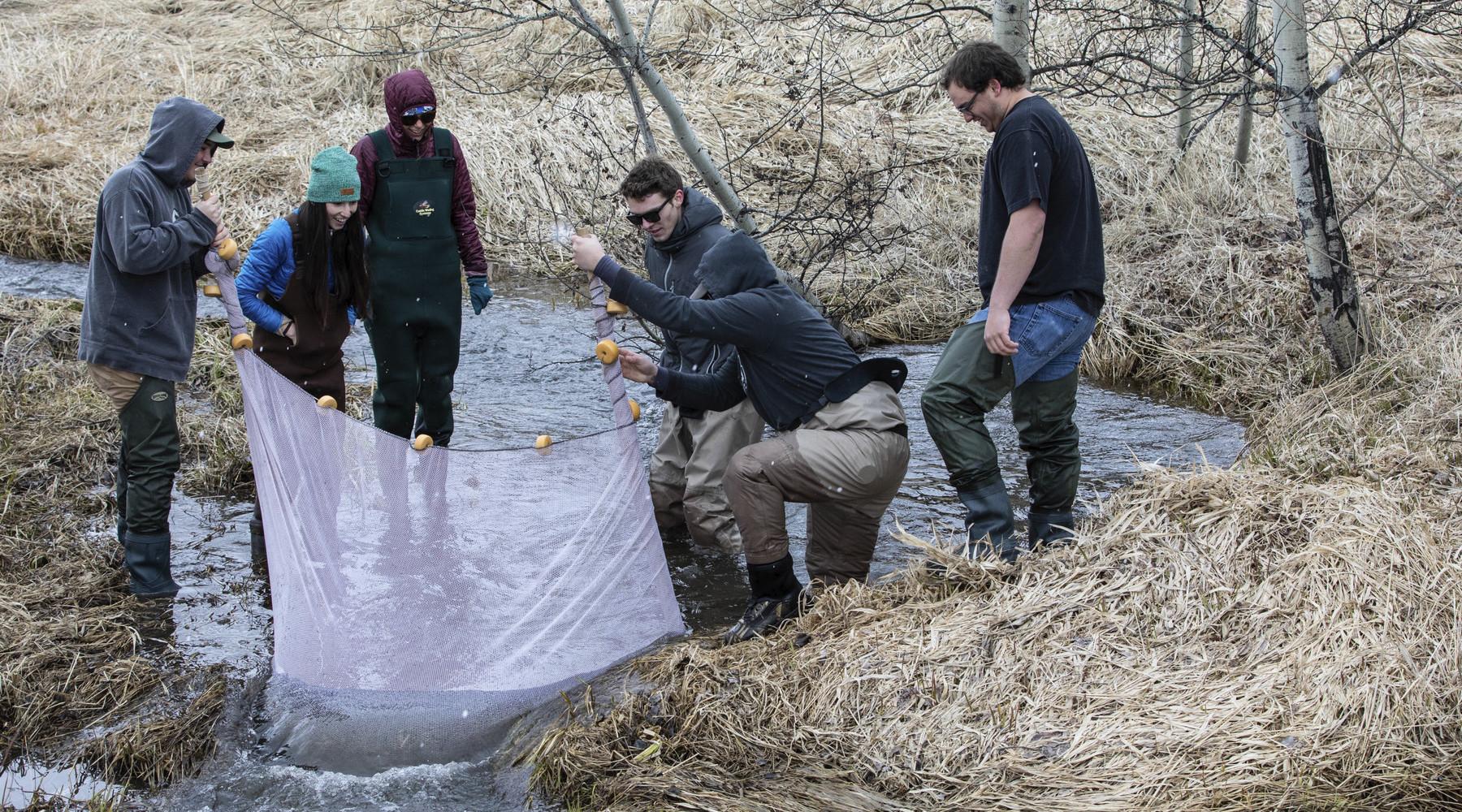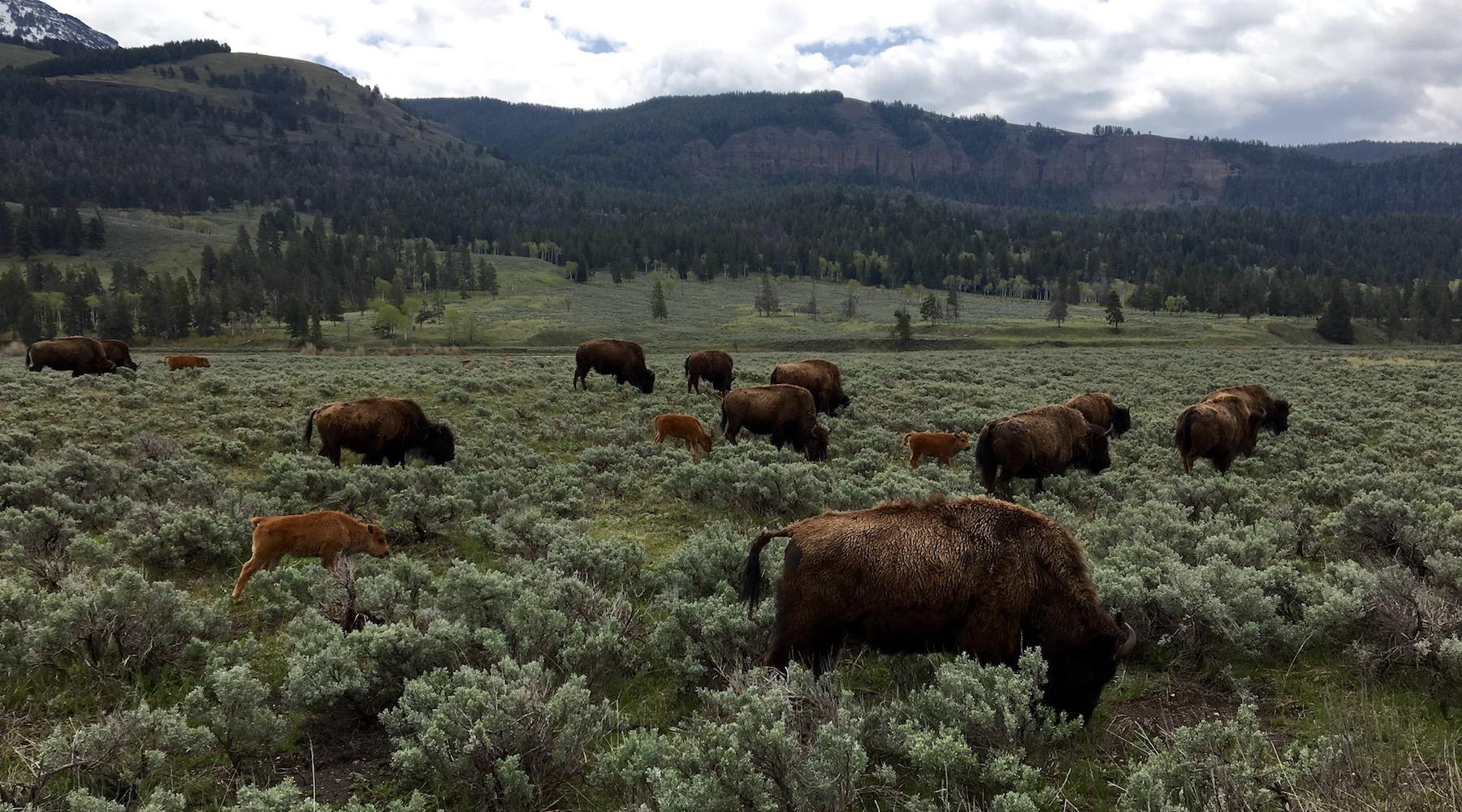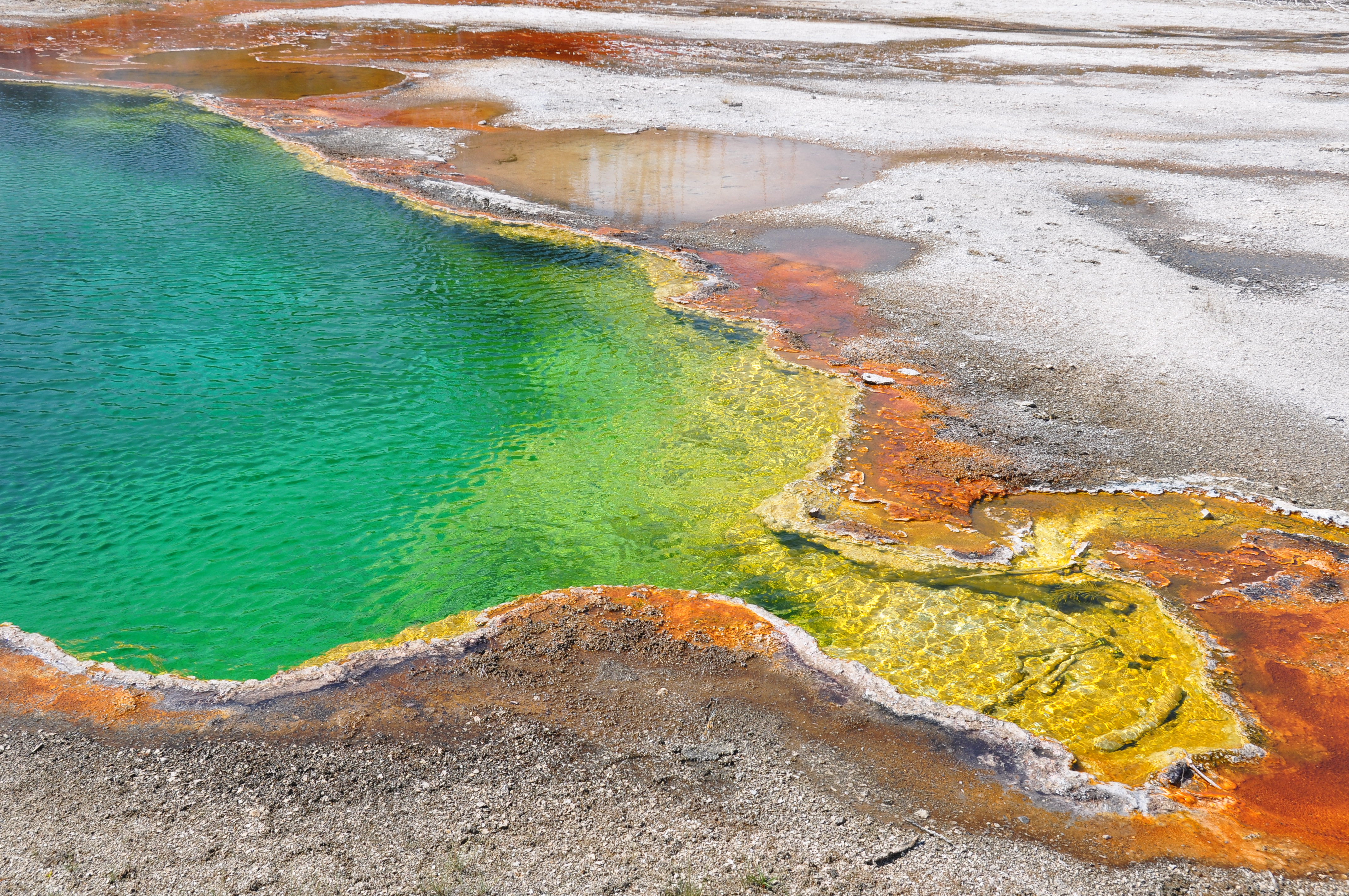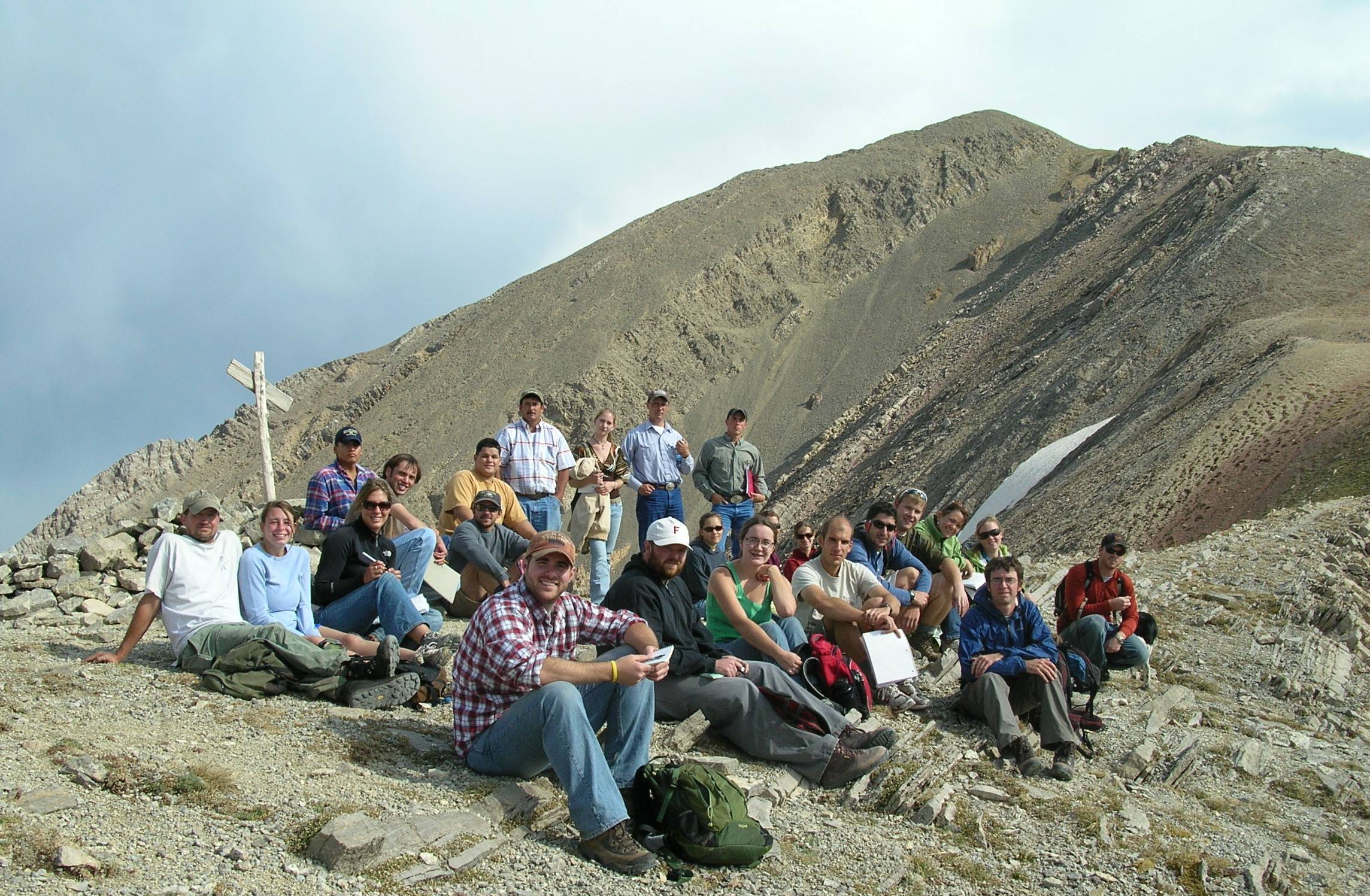Montana State University is located in a natural laboratory for studying physical and biological earth processes and how those processes shape and are shaped by human activity. This natural laboratory includes nearly pristine areas of wilderness, unique geologic features, lands developed for agriculture, and regions of varying density of human settlement, all connected by hydrology and animal and plant community dynamics. MSU faculty working in the environmental, ecological. and earth sciences have taken advantage of the regional setting to put MSU on the cutting edge of integrated teaching, research and outreach. The Northern Rocky Mountain and Great Plains regions are well known for large biological conservation areas, non-government organizations dedicated to protecting those areas and multiple agencies managing large expanses of land for a range of land use objectives. This fabulous setting has facilitated the recruitment of outstanding students and faculty dedicated to understanding and preserving natural ecosystems and working landscapes with a range of land use objectives.
The Earth Science, Ecology, and Environmental Science webpage is not a degree program. Instead, this webpage serves as a hub to help prospective and current students interested in these sciences learn about and explore the various programs and opportunities that exist at Montana State University.
Summer Field Courses
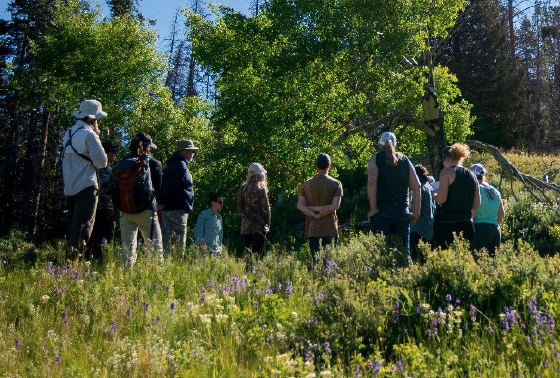
Summer courses are an excellent opportunity for students to get out of the classroom and gain hands-on experience, valuable knowledge, and lasting connections in the field. These courses offer a combination of classroom or online instruction with field trips designed to take advantage of southwest Montana's natural learning environment. Courses occur during the months of May, June, and July as part of the summer session at Montana State University, with past examples including Yellowstone Wildlife Ecology and Field Ornithology. For more information please visit the Summer Field Courses webpage.

